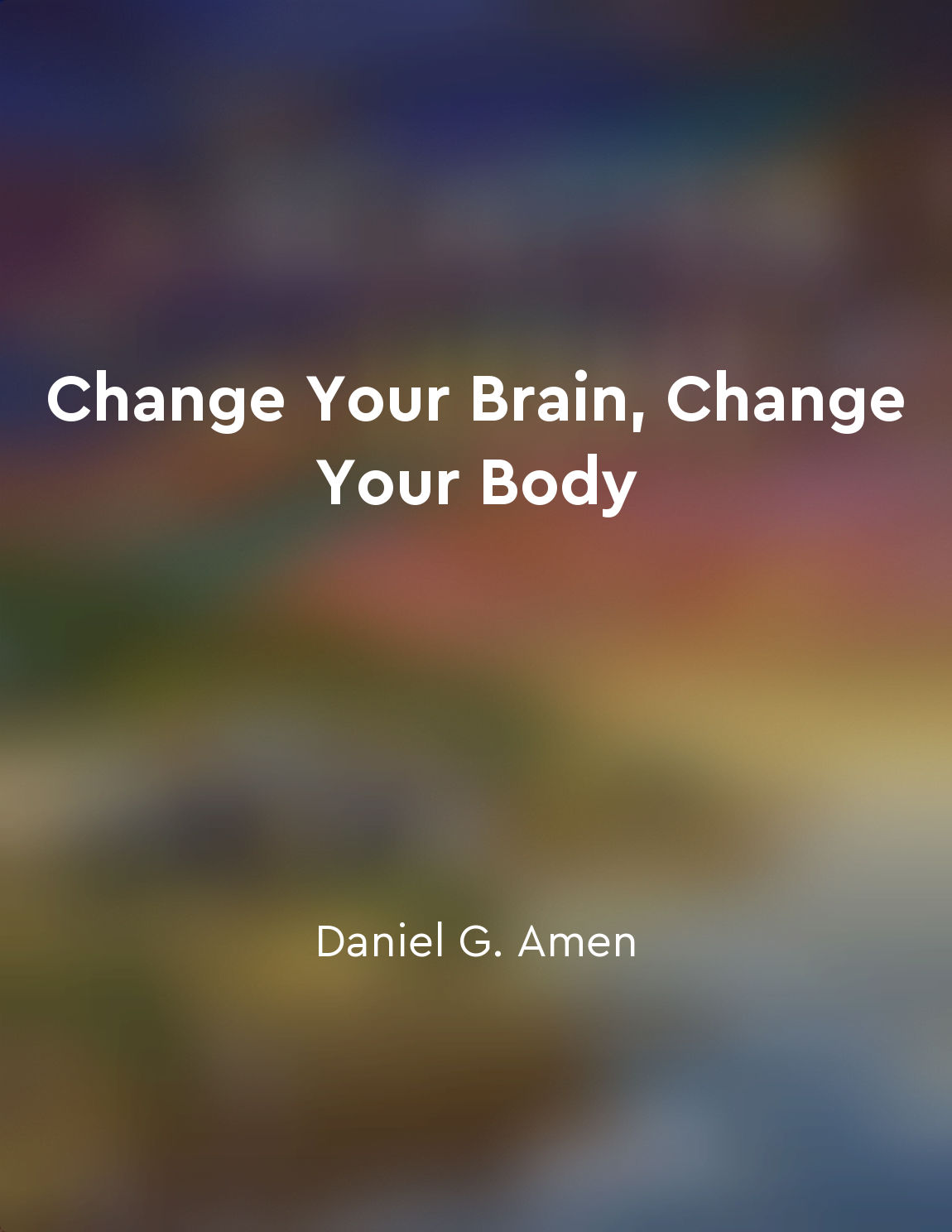Trauma survivors may struggle with selfdestructive behaviors from "summary" of The Body Keeps the Score by Bessel van der Kolk, M.D.
Trauma survivors often find themselves engaging in self-destructive behaviors as a means of coping with their past experiences. These behaviors can manifest in various ways, such as substance abuse, self-harm, or risky behaviors. These actions may seem irrational to others, but for trauma survivors, they serve as a way to numb the pain or gain a sense of control over their lives. The root of these self-destructive behaviors lies in the impact of trauma on the brain and nervous system. When a person experiences trauma, their brain's threat response system becomes overactive, leading to a constant state of hyperarousal. This heightened state of alertness can be exhausting and overwhelming, pushing individuals to seek relief through unhealthy coping mechanisms. Moreover, trauma survivors often struggle with feelings of shame, guilt, and worthlessness as a result of their past experiences. These negative emotions can fuel self-destructive behaviors as individuals attempt to punish themselves for what they perceive as their own failures or shortcomings. In a twisted way, engaging in self-destructive behaviors may serve as a form of self-punishment or self-soothing for trauma survivors. Furthermore, trauma survivors may lack the necessary skills to regulate their emotions and cope with stress in healthier ways. Without proper support and intervention, individuals may continue to rely on self-destructive behaviors as their primary coping mechanism, perpetuating a cycle of harm and suffering. In order to break free from this cycle, trauma survivors need access to effective trauma-focused therapy and support services. By addressing the underlying causes of their self-destructive behaviors and developing healthier coping strategies, individuals can begin to heal from their past trauma and reclaim control over their lives. Through compassion, understanding, and evidence-based treatment, trauma survivors can learn to overcome their self-destructive tendencies and build a brighter future for themselves.Similar Posts
Freud's psychoanalytic theory explores the unconscious mind
Freud's psychoanalytic theory delves into the depths of the human mind, shining a light on the unconscious thoughts and feeling...
Changing our mindset can change our life
Our mindset is a powerful force that shapes our reality. It is the lens through which we perceive the world around us, influenc...
Balancing emotions promotes overall wellbeing
Balancing emotions is crucial for our overall wellbeing. When we are able to regulate our emotions effectively, we can experien...

Struggle with personal insecurities and fears
Amanda Lindhout and Sara Corbett vividly describe the overwhelming weight of personal insecurities and fears that Amanda faced ...
The body's natural instinct is to heal from trauma
Our bodies possess an innate wisdom that drives us towards healing from trauma. This instinctual mechanism is deeply rooted in ...
Set realistic and achievable goals for yourself
Setting goals is an essential part of building self-esteem. It gives you a sense of purpose and direction in life. However, it ...
Family relationships unravel
The ties that bind families together are delicate threads, easily frayed and torn. In the small town of Kearney, Nebraska, the ...
The struggles and triumphs of living with a mental health condition
Living with a mental health condition can be a relentless battle, a constant struggle against inner demons that seem determined...

Physical activity is essential for brain function
Exercise is not just about building muscles or losing weight, it also significantly impacts brain function. When you exercise, ...
Abusers often blame their behavior on their victims
Abusers commonly shift the responsibility for their behavior onto the person they are abusing. This tactic serves a dual purpos...
